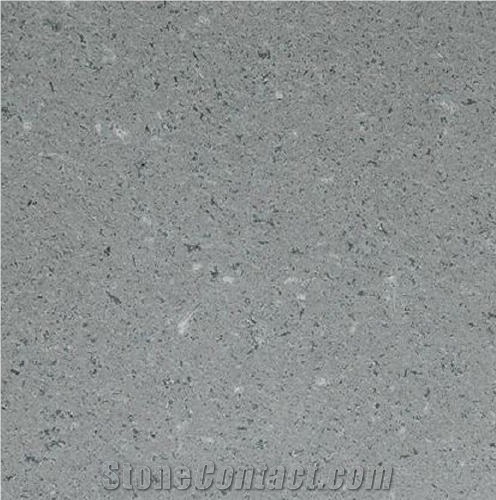Basaltite Lava Stone
 Italy
(Bolsena, Provincia di Viterbo, northern Lazio)
Italy
(Bolsena, Provincia di Viterbo, northern Lazio)
Basaltite Lava Stone is a fine-grained ash gray volcanic stone quarried in Bolsena, Provincia di Viterbo, northern Lazio, Italy. This unique and natural material is formed through the cooling and solidification of molten lava, resulting in a dense and durable rock with a distinct appearance.
The fine-grained texture of Basaltite Lava Stone gives it a smooth and uniform surface, contributing to its overall sleek and modern aesthetic. The ash gray color adds a neutral and sophisticated tone to the stone, making it a versatile choice for various design applications.
Due to its volcanic origin, Basaltite Lava Stone is known for its durability and resistance to extreme temperatures, making it suitable for both interior and exterior use. Common applications include flooring, wall cladding, countertops, and other architectural elements where a sleek and contemporary look is desired.
The quarries in Bolsena, Provincia di Viterbo, northern Lazio, Italy, contribute to the stone's appeal, as this region is recognized for producing high-quality volcanic stones with unique characteristics. Basaltite Lava Stone, with its ash gray hue and fine-grained texture, brings a touch of natural elegance and durability to various design projects.
TECHNICAL CHARACTERISTICS
Imbibition Coefficient %0,87
Compression breaking load (kgf/cm2) 2219
Compression breaking load after freezing (kgf/cm2) 2179
Flexual breaking test (kgf/cm2) 205
Impact test (cm.) 45
Elasticity Module (N/mm2) 51975
Thermal linear expansion coefficient 4,90x10-6
The tests were carried out on the basis of UNI standards. Basaltite is defined as a "leucotefrite" with the following characteristics: heavy, compact, hard, with high values of compression breaking, flexural breaking test, impact test. This stone is to be considered a frostproof material.

Can Italy's Basaltite be used exterior applications in very humid climates?

Are there color variations of Italy's Basaltite?

Can Italy's Basaltite be used outdoors?

How thick is Italy's Basaltite slabs?

Is Italy's Basaltite an expensive stone?

What grade is Italy's Basaltite?

Can Italy's Basaltite be used in heavy use areas?

Can Italy's Basaltite be used in a kitchen?

What is the coefficient of friction of Filled Italy's Basaltite tiles?
-

 Viet Nam
Viet Nam
 12YRDiamond members are premium members on platform, providing members with comprehensive approach to promoting their products, increasing products exposure and investment return to maximize.
12YRDiamond members are premium members on platform, providing members with comprehensive approach to promoting their products, increasing products exposure and investment return to maximize.
Contact Supplier
-

XIAMEN TOP STARS STONE COMPANY LIMITED
 China
China
 10YRDiamond members are premium members on platform, providing members with comprehensive approach to promoting their products, increasing products exposure and investment return to maximize.
10YRDiamond members are premium members on platform, providing members with comprehensive approach to promoting their products, increasing products exposure and investment return to maximize.
 Verified Supplier is for prove company authenticity,including business license,trade license and effective office space,to enhance buyers' trust to suppliers and their products, reducing communication costs.
Verified Supplier is for prove company authenticity,including business license,trade license and effective office space,to enhance buyers' trust to suppliers and their products, reducing communication costs.
Contact Supplier
-

The request includes: 1. surface finished, size 2. quantity required






